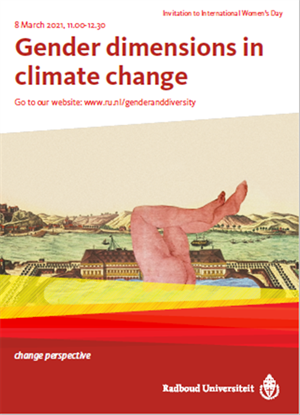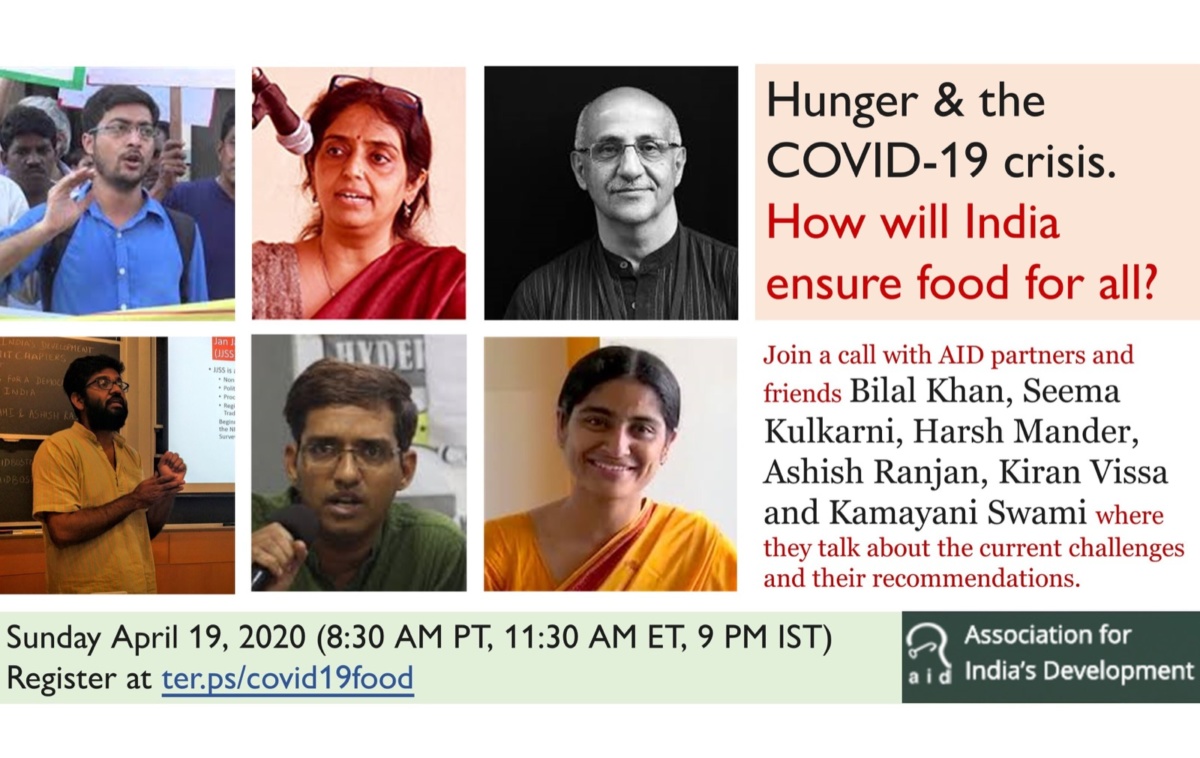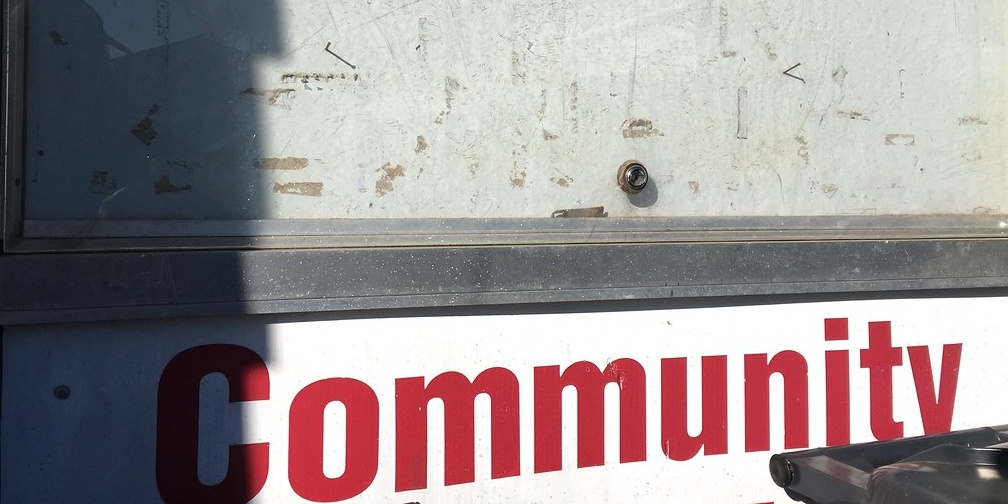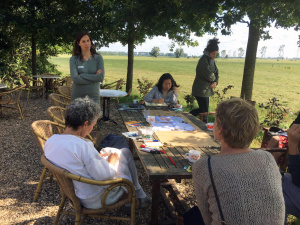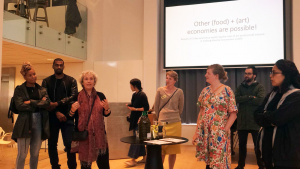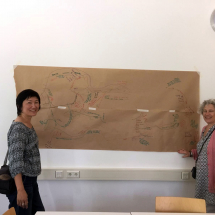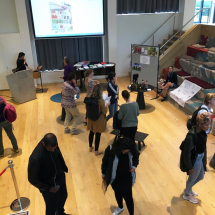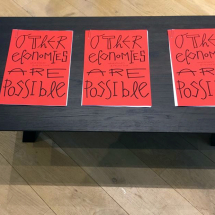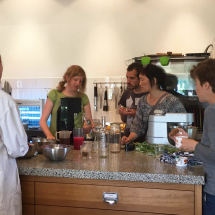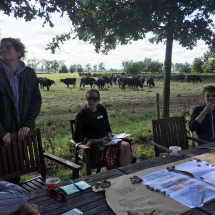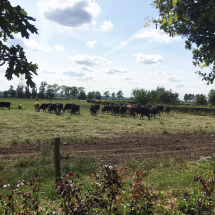Indonesia, the world’s largest coal exporting country, is facing critical challenges. After 76 years of declaring independence in 1945 and later turning economic growth as a measure of welfare, Indonesia has faced three significant challenges: severe economic disparity, socio-ecological crises in most big islands of the country, and its oligarchy, which is hijacking democracy. The economic gap data, provided by the Indonesian Statistic Centre (BPS) in 2011-2015, reveals that the wealth of 40 richest people is equal to 10,3% of the country’s GDP or 60 million of Indonesia’s most impoverished people . While in the last five months industrial catastrophes have continued to increase, big floods occurred in almost every island, including South Kalimantan, as well as a flood due to collapsed containers of coal mine waste in North Kalimantan and East Kalimantan. Unfortunately, the Corruption Eradication Commission (KPK) leads the disclosure of the state loss by corrupt practices by political elites, hijacked by the oligarchy.
The course of economic growth and development, in reality, is never free from critique in Indonesia and globally. The story of the development policy with economic growth reinforces a few developed countries, whereas the rest is fighting socio-ecological crises to not fall behind.
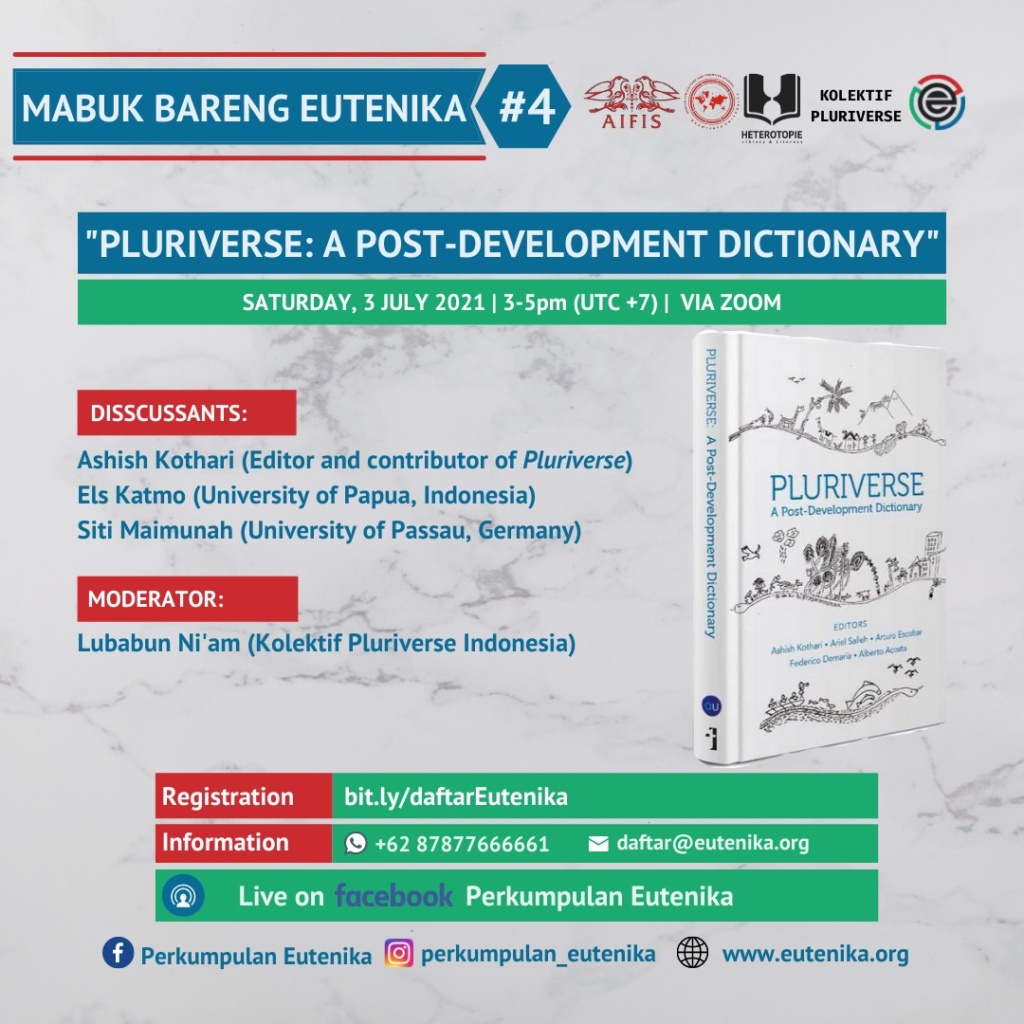
In every part of the world, demand and struggle for alternatives to development are happening. One of the critical references which hold various ideas for alternatives to growth is the book “Pluriverse: A Post Development Dictionary.” For instance, Latin American countries proposed a concept originating from indigenous people movements, such as Sumak Kawsay, Buena Vivier, and The Life Project. In Europe, the academic and activists are bringing “Degrowth” as an initiative that expressed reversal from growth in the economic sector and other social sectors
As in Latin America, one of the critiques on economic growth in Indonesia came from the indigenous people movement. In Timor island, the Indigenous people’s philosophy challenges the development model that depends on the extractives project: “we will not sell what we cannot create,” means they do not sell the land, the water, and the mountains (Maimunah, 2013); it was meant both as a critique and an alternative to development with economic growth. Unfortunately, the state does not recognize the existence of the Indigenous people’s territory. Indonesian government granted the concession of extractive projects on Indigenous people’s land. It’s no wonder that, in 1999, indigenous people refused to recognize the state if they did not recognize them as well (AMAN, 1999).
Indonesia has various alternatives to development. One example happens in Mollucas, Sasi, in a ritual for the moratorium of collecting economic benefit from nature (Zerner, 1999). In other places, such as Mollo, in Timor island, there is a ritual called Naketi, a kind of self-reflection ritual to make peace with oneself, humans, and nature (Maimunah, 2005). Sasi and Naketi were just a tiny part of what had been practiced long before the birth of the Republic of Indonesia. Indonesia has many alternatives rooted in the archipelago nation with geohydrological, language, and cultural diversity.
Bringing the spirit of the ‘Pluriverse’ idea, which explores and discusses alternatives to development, is a crucial and urgent effort to respond to the failure of obsolescence of the development model with economic growth today. This is the reason behind establishing a collective among Indonesian scholars and activists, to create a group to start the conversation of an “alternative to development in Indonesia.” The first step of the collective was to organize a book discussion and an open call for collective translation of the “Pluriverse, A Post Development Dictionary” book launched on 3 July 2021.

(You can watch the book discussion here)
“The ideas in ‘Pluriverse, A Post Development Dictionary” contain 100+ alternatives to challenging development as it is. This book becomes a reflection tool, a medium of learning and discussing: we reflect and know ourselves and discuss the alternatives. The activities in reflecting and conversing on this subject consist of two parts; first, a collective public translation of “Pluriverse, A Post Development Dictionary” to make it accessible in Indonesian. Second, collecting local stories on alternatives to development to discuss them with broader audiences. It might give us a way out of the shackle of development with economic growth and into a transformation model which allows various options to attain welfare, or even for practicing the Pluriverse, as stated by Zapatista as “a world where many worlds fit.”



